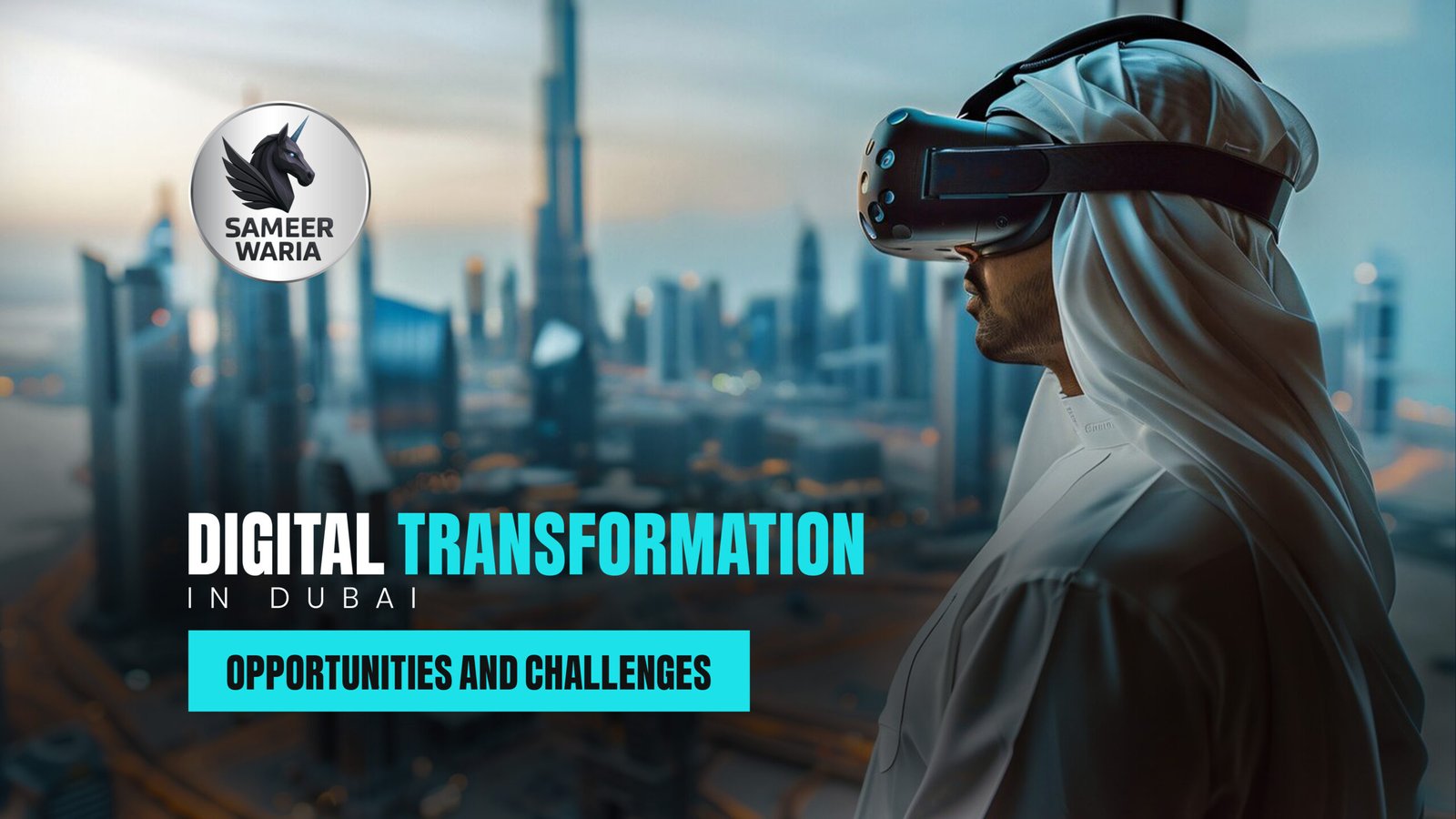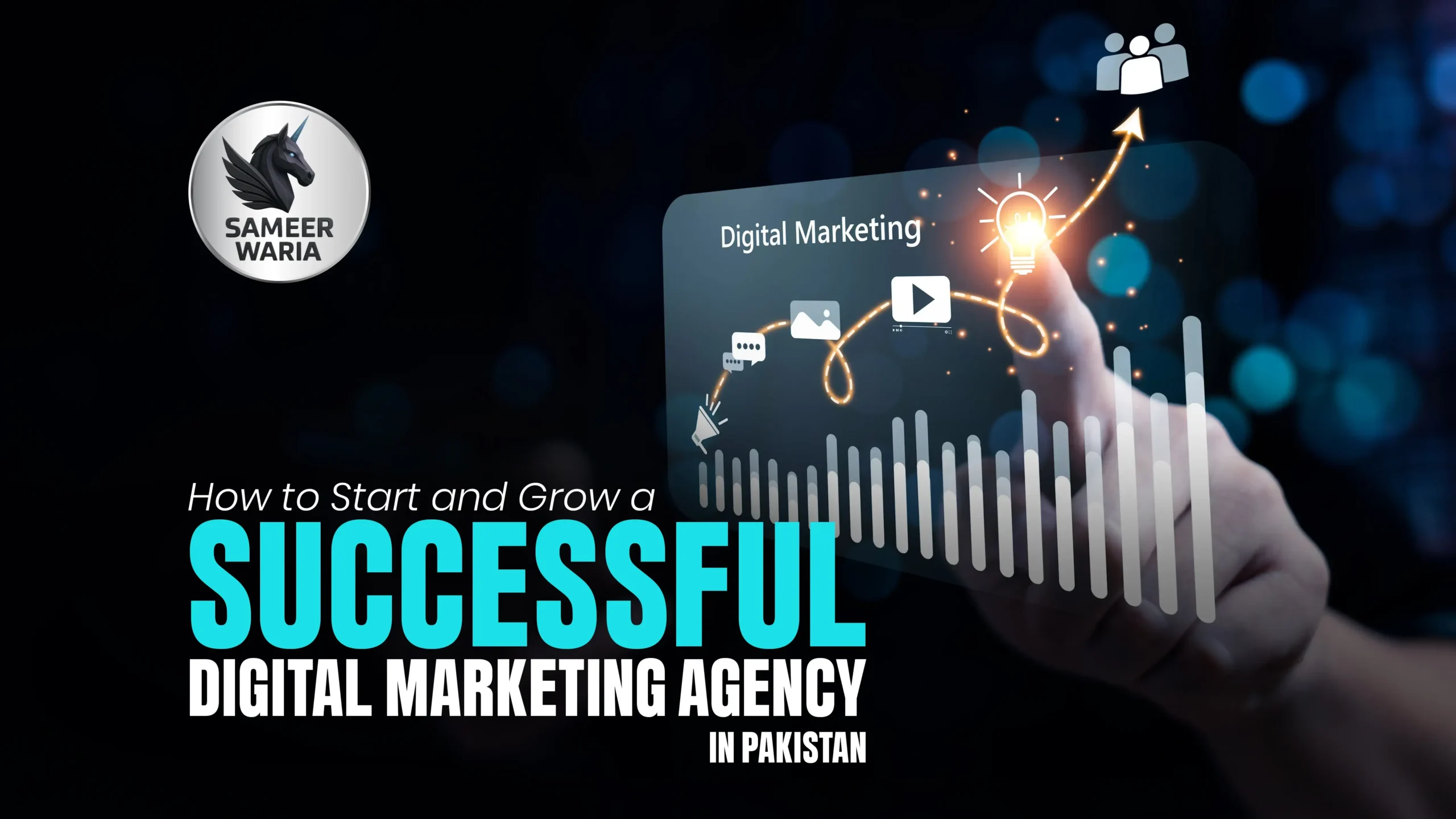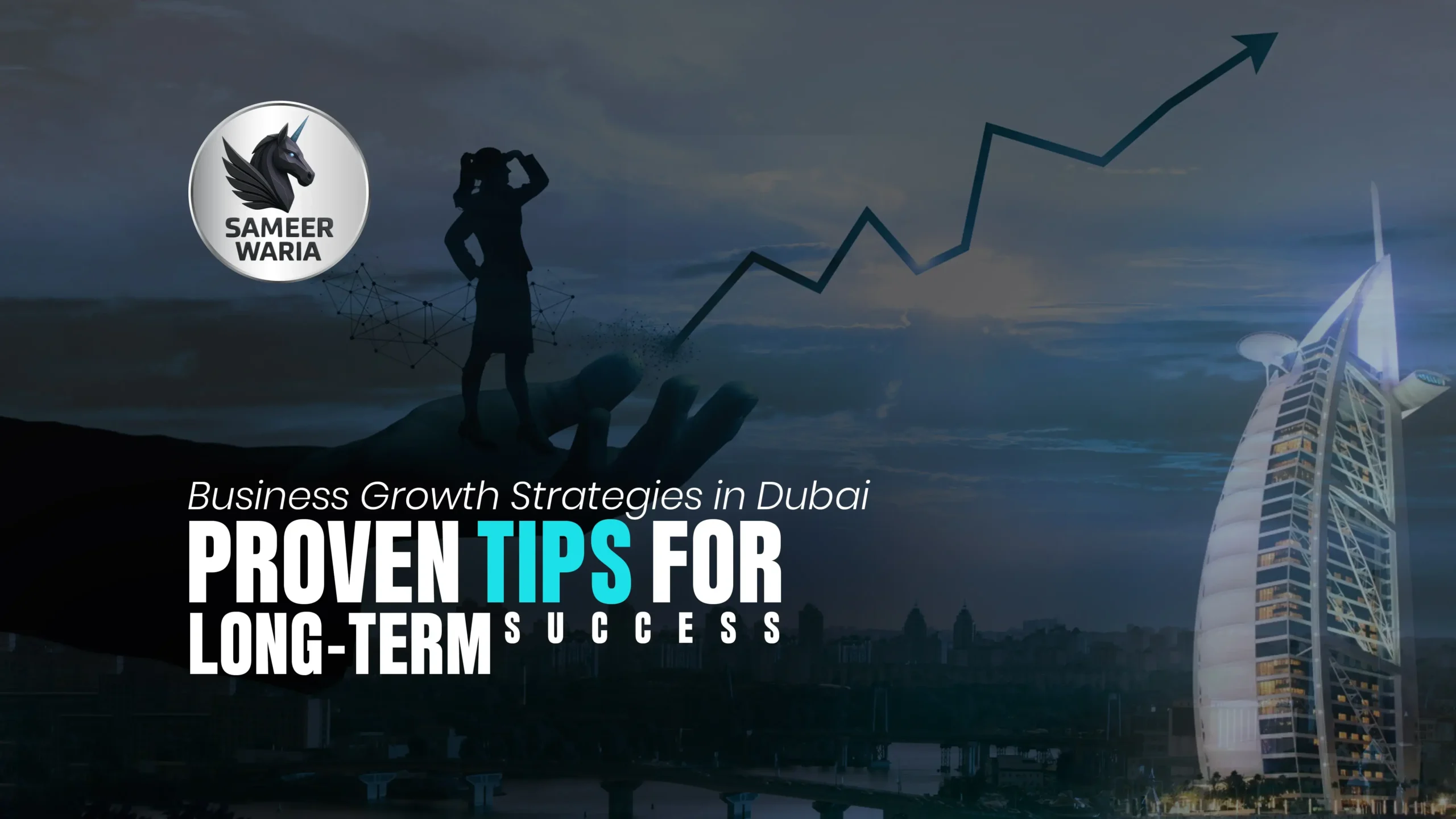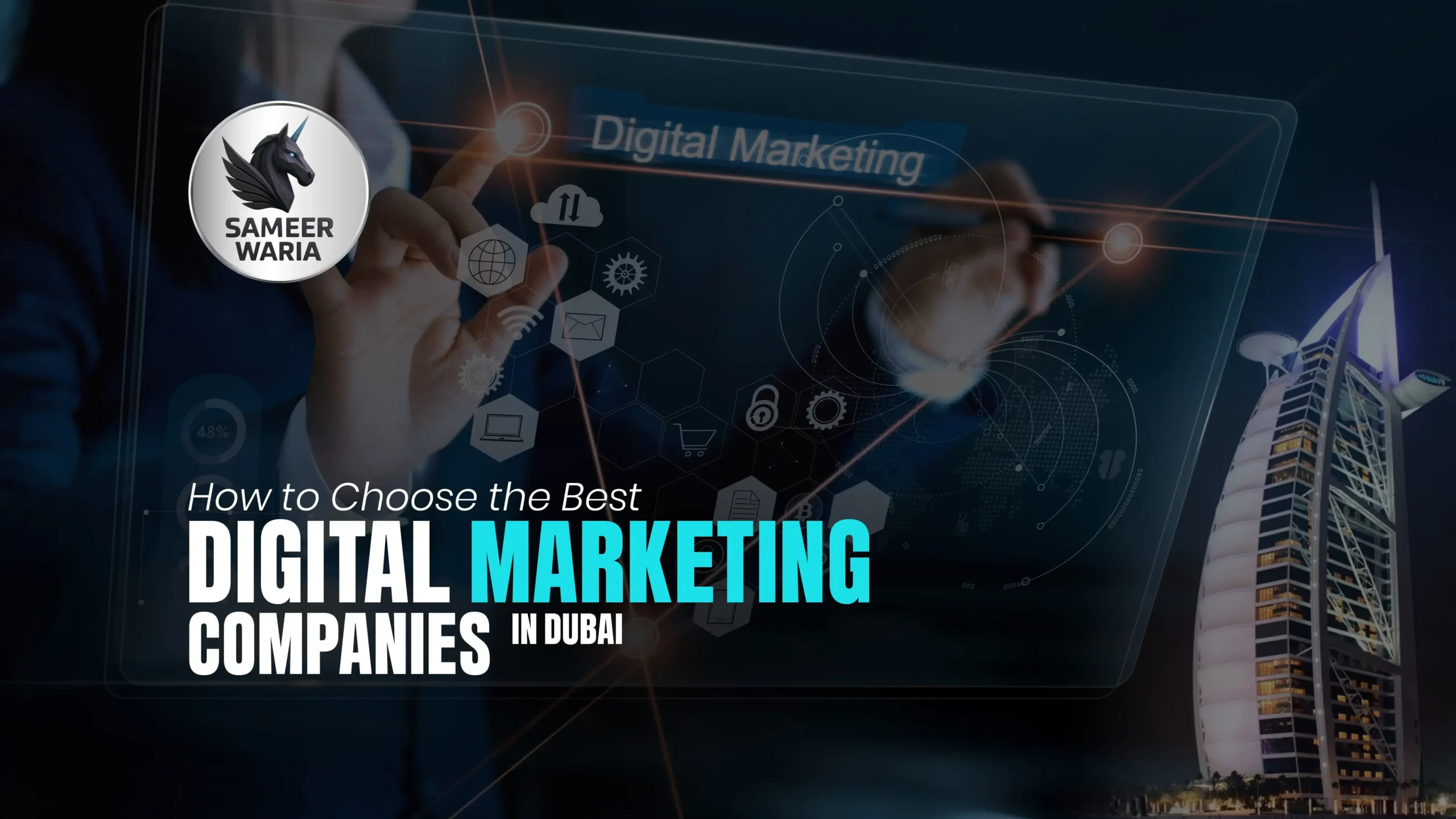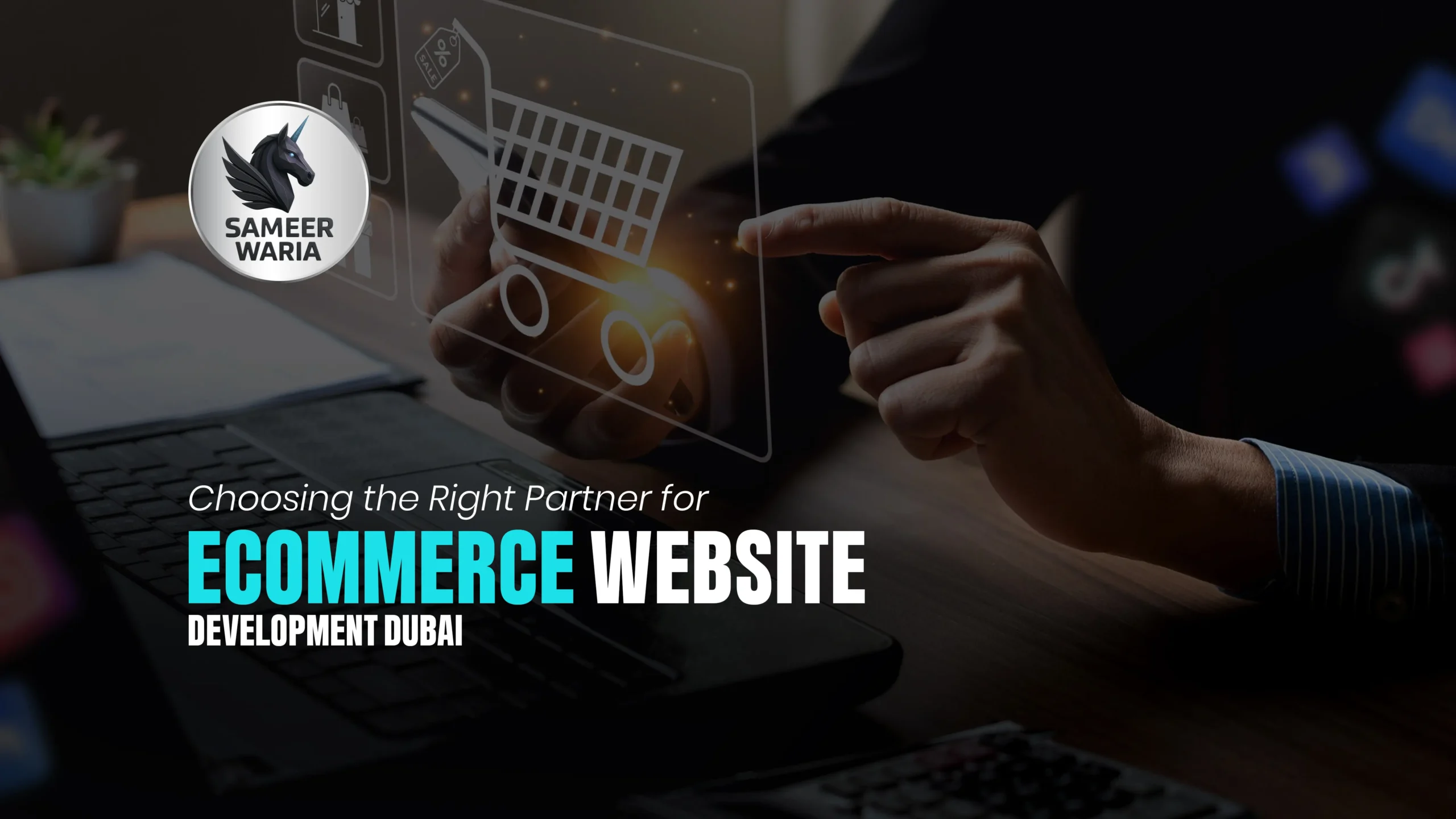Dubai is more than just skyscrapers and luxury; it’s about smart technology that drives change at every level. Focused on government-led initiatives, AI adoption, and data-powered systems, the city is now a global model of digital transformation. For travelers, it offers experiences like biometric airport check-ins and for businesses, it provides countless opportunities for innovation. Yet, transformation isn’t without its hurdles. From costs and data security to cultural adaptation, and talent shortages the digital journey of Dubai is full of promises and challenges. However, what is driving this change, and what should stakeholders consider? What can businesses and consumers do to thrive in this ever-changing environment?
What Is Digital Transformation?
First of all, let’s define what is digital transformation? In its basic form, it means the active engagement of technologies that aim to reshape; where, however, change can affect not only operations but also work culture and customer experience. Instead of only thinking about tech, this is a mindset shift that gives companies the ability to flourish in a digital-first world.
Why Dubai Is a Digital Powerhouse?
1. Surging Adoption of AI & Cloud Systems
- According to Digital Dubai, Economy Middle East, a report published by IBM report in 2023, almost 42% of the businesses in the UAE have already implemented AI while 65% of IT professionals say they use more AI than they did two years ago.
- Likewise, according to another SAP News Center, a survey conducted by SAP/YouGov indicates that 67% of UAE enterprises are now using the cloud for your core business functions, and another 22% will do so in the next 15 months—this implies a nationwide shift that is imminent.
2. Government-Led Digital Momentum
Dubai isn’t waiting for private industry – it’s leading:
- According to WAM, in 2024, the UAE government carried out 173.7 million digital government transactions through 1,419 services, scoring a 91% satisfaction rate among users.
- Similarly, according to the UAE Official Portal, the UAE Digital Government Strategy 2025 highlights eight core principles including “digital by design” and data-driven governance to ensure user-friendly and seamless service delivery.
3. Game-Changing Investments & Infrastructure
- Over 2025-2027, Abu Dhabi aims to develop AI infrastructure in its Digital Strategy by distributing AED 13 billion (~$3.5 billion USD).
- According to Reuters Dubai’s telecom operator du has reached an agreement at AI Week to construct a hyperscale data center bigger than any that has been built before. The data center will be jointly constructed with Microsoft and will be worth AED 440 million ($120.5 million USD).
4. A Global Leader in Smart Cities
- According to WAM, in 2025 IMD Smart City Index, which ranks cities for their connectivity, Dubai took 4th place globally and 1st in the Arab world, showing its technological superiority. (WAM)
- Moreover, Dubai is now looking for international AI innovators to collaborate with through its Accelerator for AI-driven Government Services. Programs are the “Dubai AI Seal” and “One Million Prompters”. (The Times of India)
Opportunities: Why Dubai Is a Digital Powerhouse
Dubai’s embrace of **digital transformation** has unlocked opportunities that go far beyond efficiency it’s reshaping how businesses operate and how travelers experience the city.
1. Smarter Government Services
Thanks to the Paperless Strategy, the companies have achieved a maintenance-free bureaucracy. This initiative will lead to the creation of digital trade licenses, simplified visa processes, and easier approvals thus allowing global investors and entrepreneurs to run their businesses.
2. Expanding Market Reach
Digital tools allow even the smallest companies to get online and compete with global competitors. A small boutique store in Dubai can sell all over the world through e-commerce, digital payment gateways, and AI-driven marketing. This levels out the playing field and accelerates the process of attracting diverse audiences.
3. Data in Digital Transformation
The access to big data and the proper use of analytics are the keys to organizations making more accurate decisions. Retailers can anticipate customer buying trends, hotels can create a more customized travel experience, and airlines can suggest digital travel guides. By using data in digital transformation, companies are able to optimize operations and at the same time gain customer loyalty.
4. Boost to Tourism and Travel
For visitors, the opportunities materialize as the trip becomes smart – biometric check-ins at the airport, AI-powered hotel services, and digital travel guides. All of these will improve the convenience of traveling and make Dubai more attractive as a global destination.
5. Attracting Investments and Talent
Dubai’s developed digital ecosystem is a magnet for tech startups and global firms, creating job opportunities in AI, cloud services, and cybersecurity. This potentially growing digital economy fortifies Dubai’s stature in the world as a leading innovation hub.
Challenges: Navigating the Digital Path
While Dubai’s progress is remarkable, several challenges stand in the way of a smooth digital transformation journey.
1. Transformation Costs Remain High
Investing in automation, AI, and cloud-based platforms are the price tags every organization must consider. Small and medium enterprises the cost for equipment, highly-skilled personnel, and integration can prevent the acceleration of transformation. Many organizations hold back on account of the fact that they believe that the initial cost will not be justified by the returns.
2. Culture & Organizational Adaptation
Even though the state drives ambitions, there lies the fear of resistance among the workforces. Analyzing the digital transformation of successful businesses is to ensure alignment of executives, workers, and technology. Without clear communication or a roadmap, organizations risk stalled progress.
3. Data Security & Privacy Risks
Digital transformation opens new stages of vulnerabilities. Client data protection has become essential, and it is a must for businesses to comply with international safety standards. Thus, businesses have to set robust cybersecurity firewalls to win their clientele’s trust.
4. Talent Gaps in Emerging Tech
Dubai is still facing a deficit of professionals in AI, data analytics, and generative technologies. Addressing this challenge requires ongoing workforce training, education, and partnerships that prepare workers for the future.
The Role of Business Analysis in Effective Transformation
A key differentiator between successful and stalled transformations is strategic business analysis digital transformation. Evaluating needs, risks, and KPIs ensures tech investments drive tangible outcomes rather than becoming expensive but ineffective add-ons.
Expert Guidance from Sameer Waria
Navigating this evolving ecosystem is easier with the right partner. With expertise in strategy, execution, and human-centric implementation, Sameer Waria helps businesses deploy digital transformation initiatives that deliver value while minimizing risk and preserving agility.
Future Outlook: What’s Next for Dubai
Dubai is on the fast track of digital transformation with omnichannel commerce, AI-powered governing, and the smart infrastructure that is becoming the norms. As the investment and adoption rates are high, the time is ripe for (and travelers) to reap the benefits of better services, enhanced experiences, and seamless connectivity which will come in the form of a healthier digital economy.
Conclusion: A Digital Horizon Awaits
The digital transformation push in Dubai is not just a tactical move but a visionary effort. While the challenges are real, the data-, investment-, and leadership-backed momentum means that this is one of the most dynamic digital ecosystems across the globe.
No matter if your interest lies in tourism, enterprise, or both, the time has now come to engage in Dubai’s digital frontier. Whether your journey is smooth, impactful, or human-centered, the guide is none other than Sameer Waria ready to make your steps right.
Frequently Asked Questions
What is digital transformation, and why does it matter?
Digital transformation is a process of restructuring various functions of businesses through technology, such as the use of IT in operations, improving customer experience, and becoming adaptable in a digital environment.
Why is business analysis important for digital transformation?
The business analysis digital transformation process ensures the technology aligns with strategic goals, helps mitigate the risk, and maximizes the return on investment (ROI).
What role does data play in transformation?
The use of data in digital transformation involves informing the decision-making process, personalizing services, and allowing predictive insights – thereby getting businesses to act proactively.
How widespread is AI adoption in Dubai?
About 42% of the companies in the UAE use AI, with 67% of them being cloud users and another 22% expected to adopt cloud services in the nearest time possible.
What government-driven digital initiatives are underway?
Dubai along with the UAE is investing in billions of infrastructure development, building smart data centers, simplifying the government sector, and promoting AI through visionary programs.

